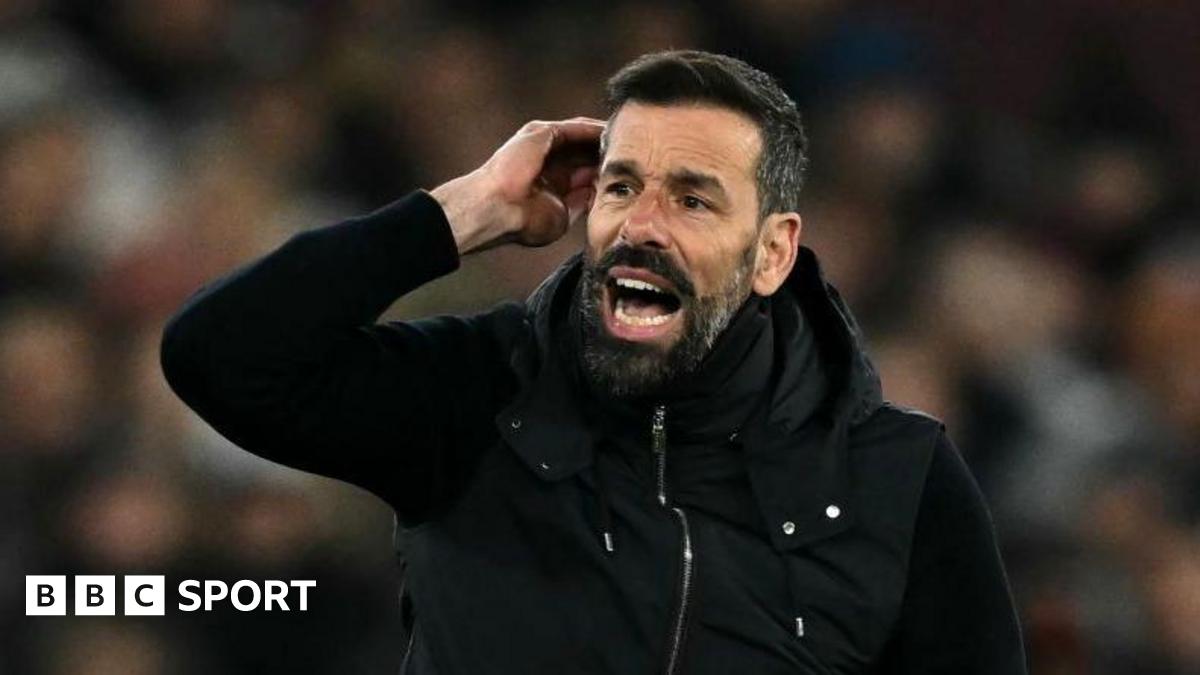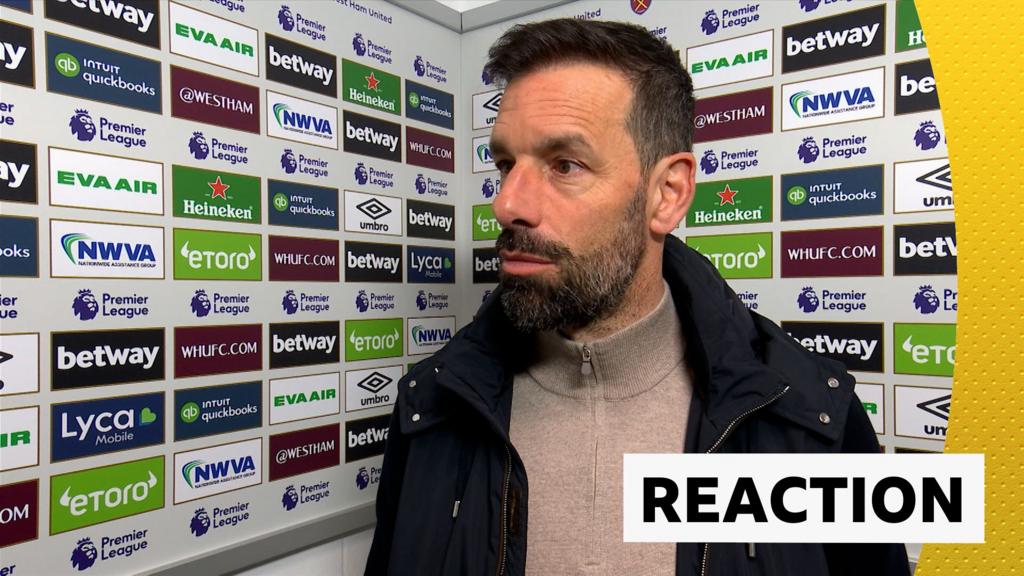ARTICLE AD BOX
The president of the International Paralympic Committee says he is opposed to "blanket solutions" for transgender participation policies.
Andrew Parsons was speaking after United States President Donald Trump signed an executive order that prevents transgender women from competing in female categories of sports.
Last week, International Olympic Committee (IOC) presidential candidate Seb Coe backed the move, and has also suggested he would consider introducing a blanket ban if elected next month.
"One thing that is important to us of course is to protect the female category, this is the number one priority," Parsons told BBC Sport.
"But we also have to acknowledge that there is a growing population of transgender athletes, [and] that they would like to compete at the highest possible level.
"So how we can bring all of this together is a challenge, and I think science is the answer to that, but I don't think a blanket solution is possible because I do believe sports are different.
"At the moment you have 'mixed sports', like equestrian for example. So I don't believe in blanket solutions for such a complicated thing, especially because sports are so different in terms of what they demand from the athletes."
The IOC and IPC both currently allow individual sports to set their own rules regarding transgender athletes.
Under Coe's presidency, World Athletics has banned transgender women from competing in the female category at international events and toughened the rules over the participation of athletes with differences in sex development (DSD).
However, under World Para Athletics' rules, a person who is legally recognised as a woman is eligible to compete in the category their impairment qualifies them for.
Last year in Paris, Italian runner Valentina Petrillo became the first openly transgender athlete to compete at the Paralympics.
"When it comes to the IOC and IPC, we are different organisations with different governance models," said Parsons.
"We took different decisions on important decisions in the past and this will continue to be the case in terms of the autonomy."
Trump has also said he will prevent transgender women from competing in female competitions at the LA 2028 Games by denying them visas to travel to the US.
When asked for his response, Parsons said: "Of course we have three years to go, but when it comes to transgender participation it's up to each international federation (IF) to make those decisions in terms of rules and regulations. We will work with the organising committee to make sure the rules of every IF could be respected.
"This is an operational matter when it comes to the Games and visas. We have to see facts and measures to see how we can then work with decisions that are going to be made.
"I understand at the moment there are many opinions, many statements, but we need to work with the facts. And this is something that every host agrees when it comes to visas - to guarantee the participation of all different countries and the athletes who are considered eligible by the IOC, IPC and the respective IFs."
In 2018, Trump was rebuked by the IPC for saying the Pyeongchang Winter Paralympics were "a little tough to watch".
Asked how he felt about Trump's return to the White House, Parsons said the president is "a massive sports fan and very competitive, so I'm sure he wants the Games to be successful".
He added: "With that in mind we believe he will contribute to the success of the Games and then the Games will provide us with the opportunity to make a breakthrough in the US, to make the Paralympic movement more relevant in the US, and then spark change there."
Russia and Belarus were suspended from Paralympic competition after Russia's invasion of Ukraine in 2022, although athletes from the two countries were allowed to compete at the Paris Paralympics as neutrals after officials voted against a full ban.
When asked whether recent hopes for a peace deal between Ukraine and Russia may mean the current partial ban is lifted in time for the Winter Paralympics in Italy next year, Parsons said: "We are aware of the discussions taking place over a ceasefire, peace and the conflict coming to an end, which we all hope will happen - not for sport reasons - but for the people of Ukraine.
"So if this is going to happen and be effective before September when our General Assembly will make a decision, I do think it could have an impact. But it is up to each individual member to cast their vote in the way they believe is right for the Paralympic movement."

 7 hours ago
2
7 hours ago
2








 English (US) ·
English (US) ·